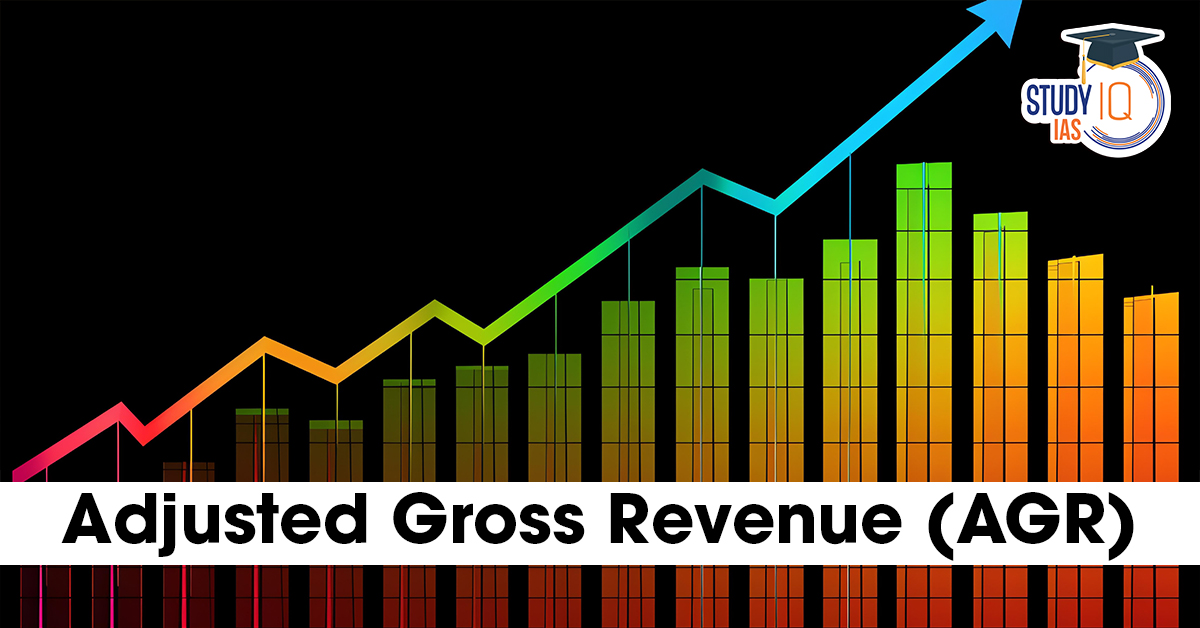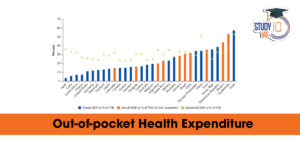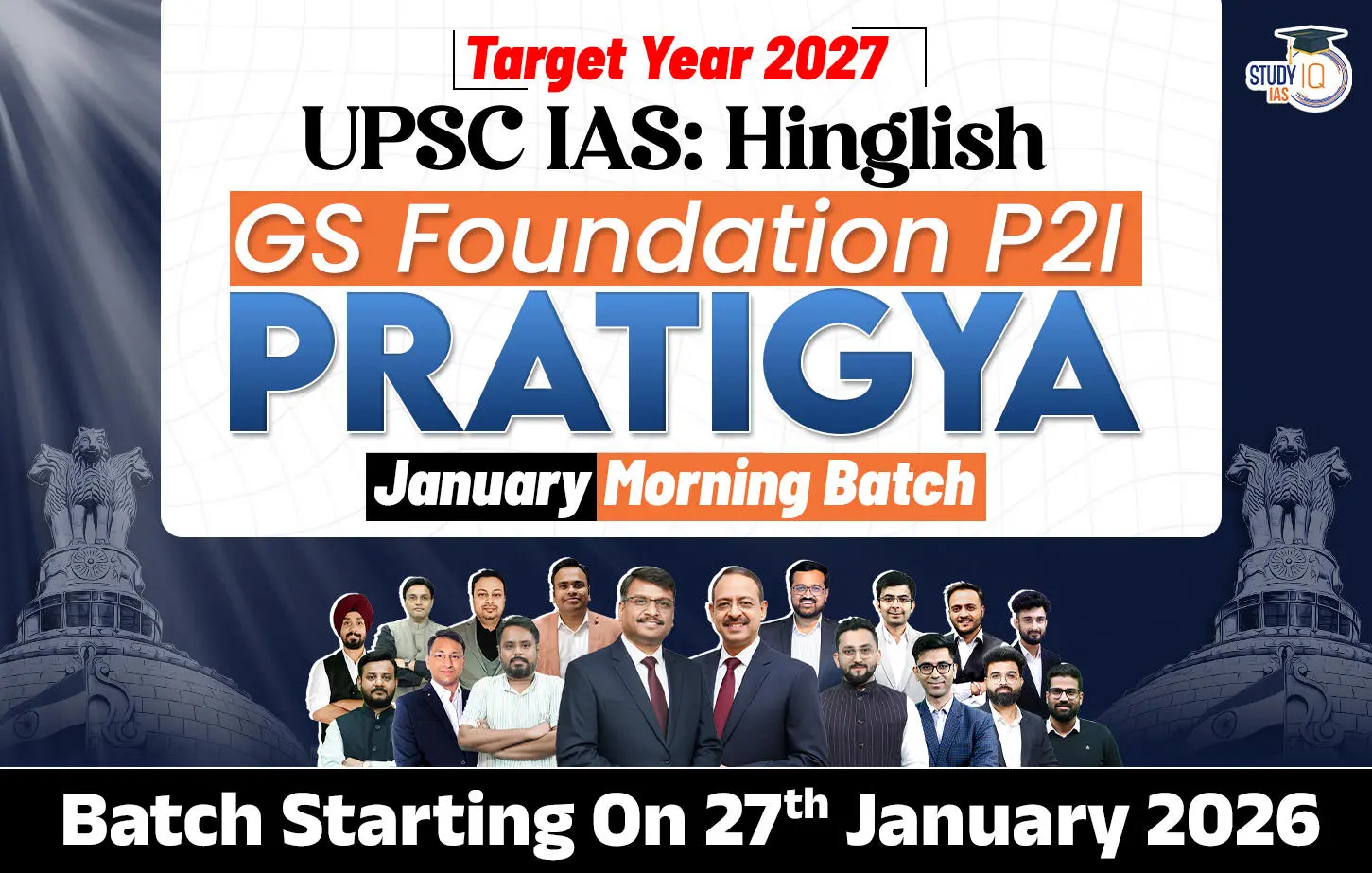Table of Contents
Context: The Supreme Court (SC) rejected pleas by telecom majors Bharti Airtel, Vodafone Idea and Tata Teleservices for relief in the payments of their adjusted gross revenue (AGR) liabilities.
What is Meant by Adjusted Gross Revenue (AGR)?
- Adjusted Gross Revenue (AGR) is the license fees and spectrum usage charges (SUC) charged by the Department of Telecommunications (DoT) from telecom operators in India.
- As per DoT, the charges are calculated based on all revenues earned by a telecom company, including non-telecom related sources such as deposit interests and asset sales.
Supreme Court Verdict on AGR (2019)
- In October 2019, the Supreme Court ruled in favour of the government.
- It upheld the DoT’s broader definition of AGR, which included non-core income.
- The Court directed telecom companies to pay dues of over ₹1.4 lakh crore, including license fees, SUC, interest, penalty, and interest on penalty.
Legal Dispute and Supreme Court Decisions
- Origin: The controversy arose in the early 2000s about the definition of AGR.
- 2019 Judgment: The Supreme Court reaffirmed the DoT’s more expansive definition, requiring telecom operators to pay dues worth around ₹1.47 lakh crore, comprising interest and penal charges.
- Recent Developments: On May 19, 2025, the Supreme Court rejected petitions by Vodafone Idea, Bharti Airtel, and Tata Teleservices for waivers on interest and penalty on AGR dues, terming the appeals as “misconceived“.
Components of AGR (according to DoT’s definition maintained by SC)
- Revenue of telecom services (call rates, SMS, data, value-added services, interconnection charges, roaming charges).
- Non-telecom revenues (interest income, dividend income, capital gains from asset sales, rent, foreign exchange gains, etc.).
- Some items are also left out, like Goods and Services Tax (GST) if it is already a part of gross revenue, and certain charges, such as roaming revenues shared with other service providers.
Financial Impact on Telecom Operators
- Vodafone Idea (Vi): Has AGR dues of approximately ₹58,000 crore. It has threatened not to be able to operate beyond FY2025- 26 unless it gets relief from the government.
- Bharti Airtel: Has around ₹43,980 crore of AGR dues pending. Though better off financially than Vi, Airtel also requested relief, which was refused.
- Tata Teleservices was also affected by the verdict, and it now faces substantial financial burdens in the form of AGR dues.
Conclusion
The AGR problem remains a major concern for India’s telecommunications industry. As much as the government has initiated reforms to mitigate financial distress, the Supreme Court’s strict approach to AGR dues restricts scope for relief. The issue highlights the imperative of a balanced approach to ensure sustainability and competitiveness in the industry.


 SEBI’s SWAGAT-FI Framework for Low-Ris...
SEBI’s SWAGAT-FI Framework for Low-Ris...
 Out-of-Pocket Health Expenditure, Reason...
Out-of-Pocket Health Expenditure, Reason...
 Treasury Bills (T-bills): RBI Cuts Holdi...
Treasury Bills (T-bills): RBI Cuts Holdi...

























